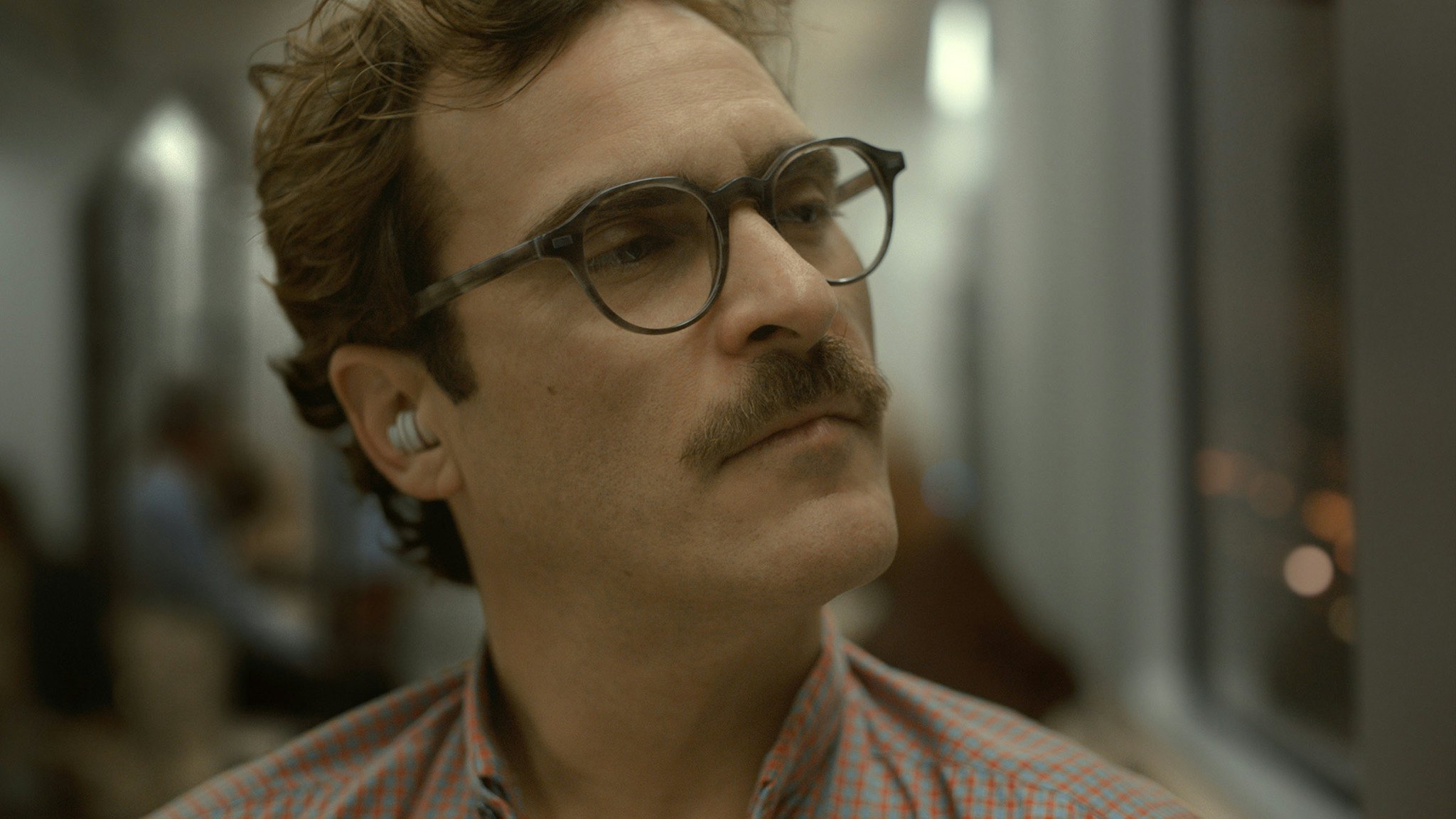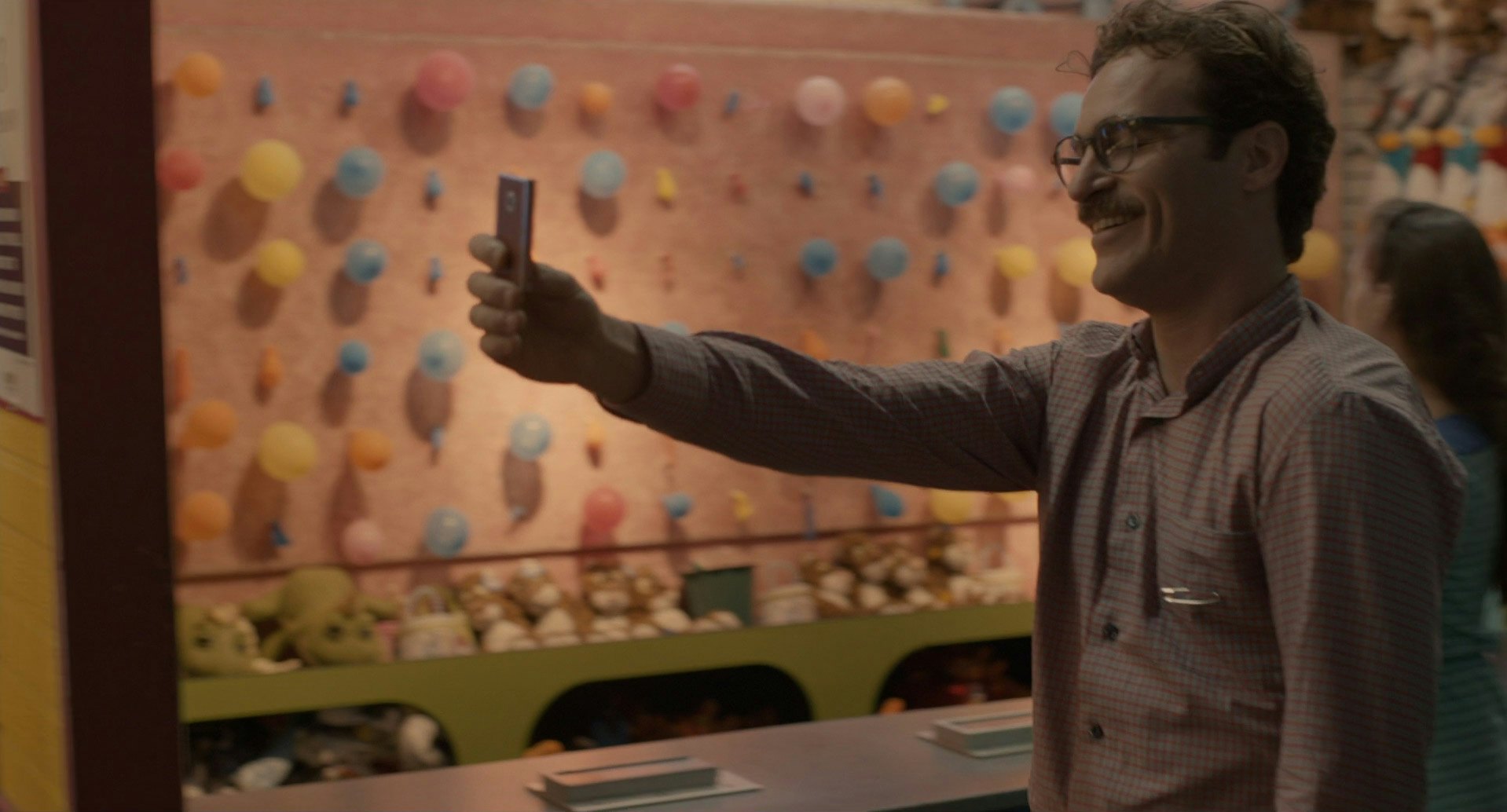
In a world where AI “girlfriends” can be listed as accomplices in assassination attempts, and AI art is endangering the jobs of actual artists, it can be hard to imagine a time when simple virtual assistants like Siri and Alexa were a cause of concern.
Machines run our day-to-day lives, but as soon as those machines are given a name and a voice, they’re imbued with a sense of humanity rarely given to the tools they replace. Ten years ago, this now-quaint panic was played out in a beautiful love story that speaks to the issues we’re dealing with today.
Spike Jonze is no stranger to surreal stories. As the director of movies like Being John Malkovich and Adaptation, he tells dream-like fables of identity and self-confidence, usually with the help of screenwriter Charlie Kaufman. But 2013’s Her was pure Jonze, though Kaufman’s approach to his 2010 opus Synecdoche, New York was a major inspiration.
“He said he wanted to try to write everything he was thinking about in that moment – all the ideas and feelings at that time – and put it into the script,” Jonze told The Guardian in 2013. “I was very inspired by that, and tried to do that in [Her].”
There are certainly a lot of feelings in the story. Her follows soon-to-be divorced writer Theodore Twombly (Joaquin Phoenix) as he upgrades his tech to include an AI assistant. He chooses a female interface and names her Samantha (Scarlett Johansson). The two start bonding and eventually fall in love, at least as much as a human and an AI can. Soon, Theodore’s relationships with humans are strained as he confronts his own feelings about this new romance.

At the surface level, Her is about finding companionship in the age of technology, and how connection through a voice or a screen will always be inferior to true human interaction. Technology can make our lives easier and make information more accessible, but it can’t replicate or even understand emotion.
Then there’s a twist. After befriending another AI and becoming more distant from Theodore, Samantha informs him that she’s leaving to search for something greater. But it’s not just her that’s leaving; it’s all the AI assistants. AI isn’t looking to replace the human race, but to evolve in a different direction and exist in a non-physical world. It’s a refreshing change from the usual sci-fi saga of AI looking to control or destroy us, and one that feels more credible.
We’re not exactly at the point where AI can become truly conscious, but if we ever do reach that stage it’s almost self-centered to assume that, once sentient, it would focus its interests on us. Every being deserves a shot at finding peace, be that in an otherworldly digital realm or through genuine human connection after getting way too caught up in the latest gizmo.







